Among children between the ages of 6 to 8 years old, 52% have had cavities in their baby teeth. Research shows that children from low-income families are more likely to suffer from this.
If you have children, you most likely want to prevent cavities. With healthy daily habits and good oral habits, you can help your children to have healthy teeth.
Cavities in children may be very common, but this is not a guarantee. There are plenty of preventative measures you can take to prevent this oral issue.
Keep reading to find out how to prevent cavities in your children.
1. Have Them Drink Water
One of the best tips for healthy teeth is to encourage your children to drink water. Not only do they need to stay hydrated, but they also need to drink water instead of sugary drinks.
Many parents tend to give their children sugary juices and sodas to keep them hydrated. The problem is that these drinks are very bad for their teeth, especially when they drink them regularly.
Water helps to wash their mouth out and remove bacteria. The sugar and acid in things like juice and soda feed bad bacteria and promote cavities.
Things like sugary drinks should be reserved as a special treat, not something they get daily.
2. Choose Healthier Snacks
Watching what your child drinks is important, but so are their snacks. Most children eat a variety of snacks every day to keep them energized in between meals.
It is easy to resort to starchy and sticky snacks that will stick to their teeth for the rest of the day. Things like crackers and pretzels are notorious for this and are primarily made with starch.
Sweet snacks like gummies and raisins are sugary and will also stick to your child’s teeth. These kinds of snacks feed bacteria and create an environment that is perfect for cavities.
Since you can’t always monitor them when they are eating snacks, you need to choose snacks wisely. It is best to choose snacks that will dissolve and not cling to their teeth.
Some healthy options include things like yogurt, apple slices, and cheese. It is also important to limit the amount of time that your child snacks.
If they are eating all day long, it will be impossible to monitor what they are eating. This also means that more food will remain in their mouth, feeding all the bad bacteria that live there.
3. Start Brushing Early
Many parents don’t know when they should start brushing their child’s teeth. It would help if you started this healthy habit as soon as your child gets their first tooth.
For babies and infants, you can use a washcloth or teething toothbrush. Once they become a toddler and have more teeth, you can use a child’s toothbrush and toothpaste.
As your child’s mobility improves, they should be able to do this themselves. You most likely will need to help them, but it is good to encourage them to be independent.
They should also begin to floss as soon as they have more than one tooth. You will most likely have to do this for many years before they are able to themselves.
4. Don’t Cross Contaminate
Something you may not realize is that you can pass bacteria to your child. For instance, if you took a bite from your meal and offered it to your child, you are sharing utensils.
Cavity-causing bacteria from your mouth could be on the utensils and contaminate your child. This can actually encourage cavities in their mouth from cross-contamination.
This is something to keep in mind, especially if you have a history of cavities.
5. Have Yearly Checkups
Children should have yearly checkups with the dentist as soon as they have their first tooth. A child’s dentist will know exactly what to look for and what advice to give you.
Like your teeth, your child’s teeth can develop tartar, promoting cavities. Dentists can also use fluoride treatments to help strengthen your child’s teeth as they develop.
Strong teeth are much less likely to have bacteria penetrate the enamel. This can help to prevent cavities early on as an extra measure.
What Causes Cavities?
You may be wondering why your child is at such a risk of cavities. The reality is that anyone with teeth will have bacteria that promote cavities.
You will need it to prevent cavities by actively contributing to your child’s oral health. The bacteria already live in their mouth, and you want to try to prevent them from taking over.
Children are especially susceptible to cavities because their teeth are weaker. This bacteria enters the enamel, causing a cavity from this vulnerability.
Children are also unable to maintain oral health the way they need to. That is why it is so important that you help them with this so that their teeth are able to stay healthy and clean.
How to Prevent Cavities for Children
If you have young children, you probably want to know how to prevent cavities. This is a good question to ask since children have a very high chance of getting cavities at a young age.
They need your help since they can’t always keep their teeth clean on their own. You should get a child’s dentist as soon as your child gets their first tooth.
Do you need to get dental treatment for your child? Contact us today at Dentistry for Children to schedule your child’s appointment.


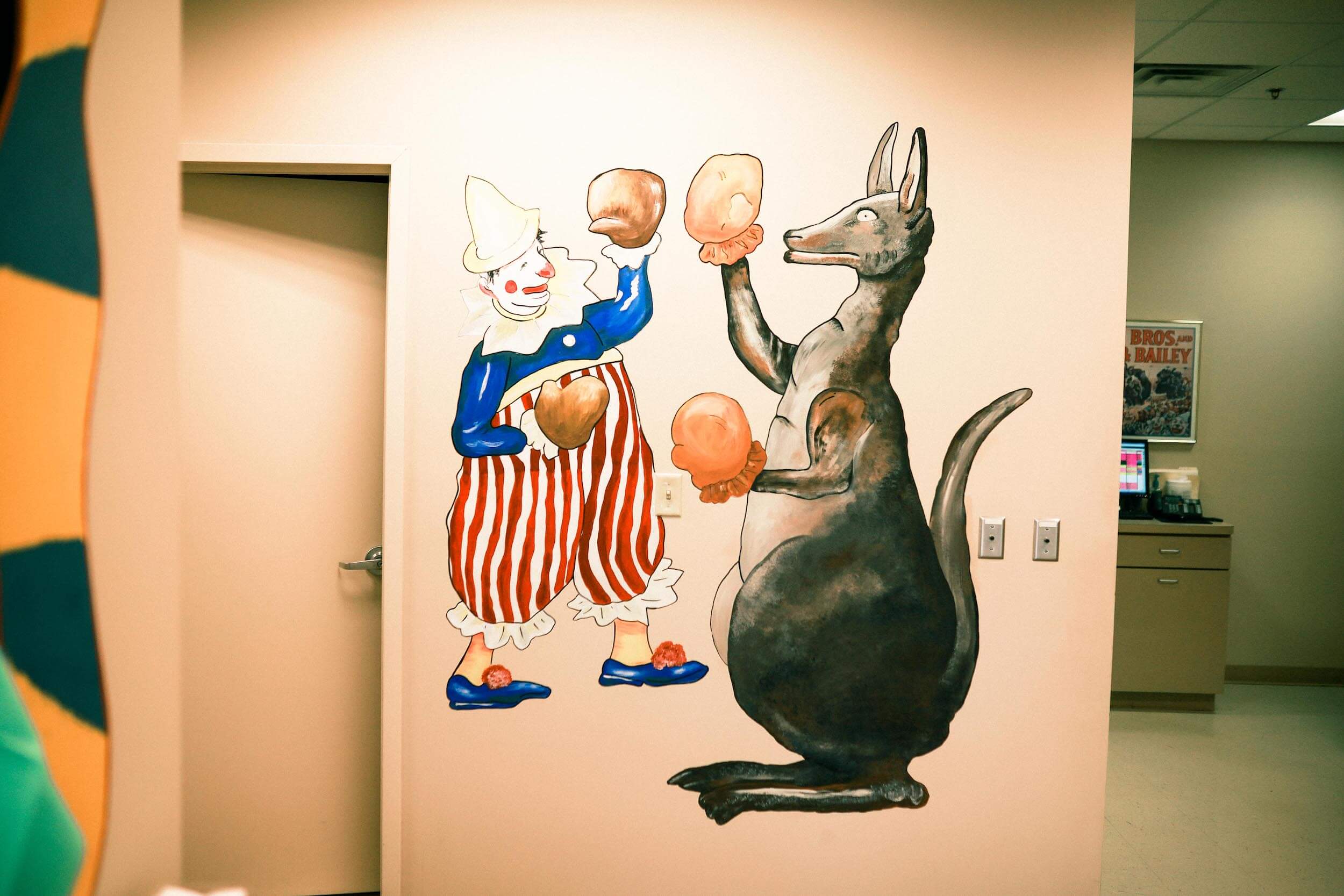

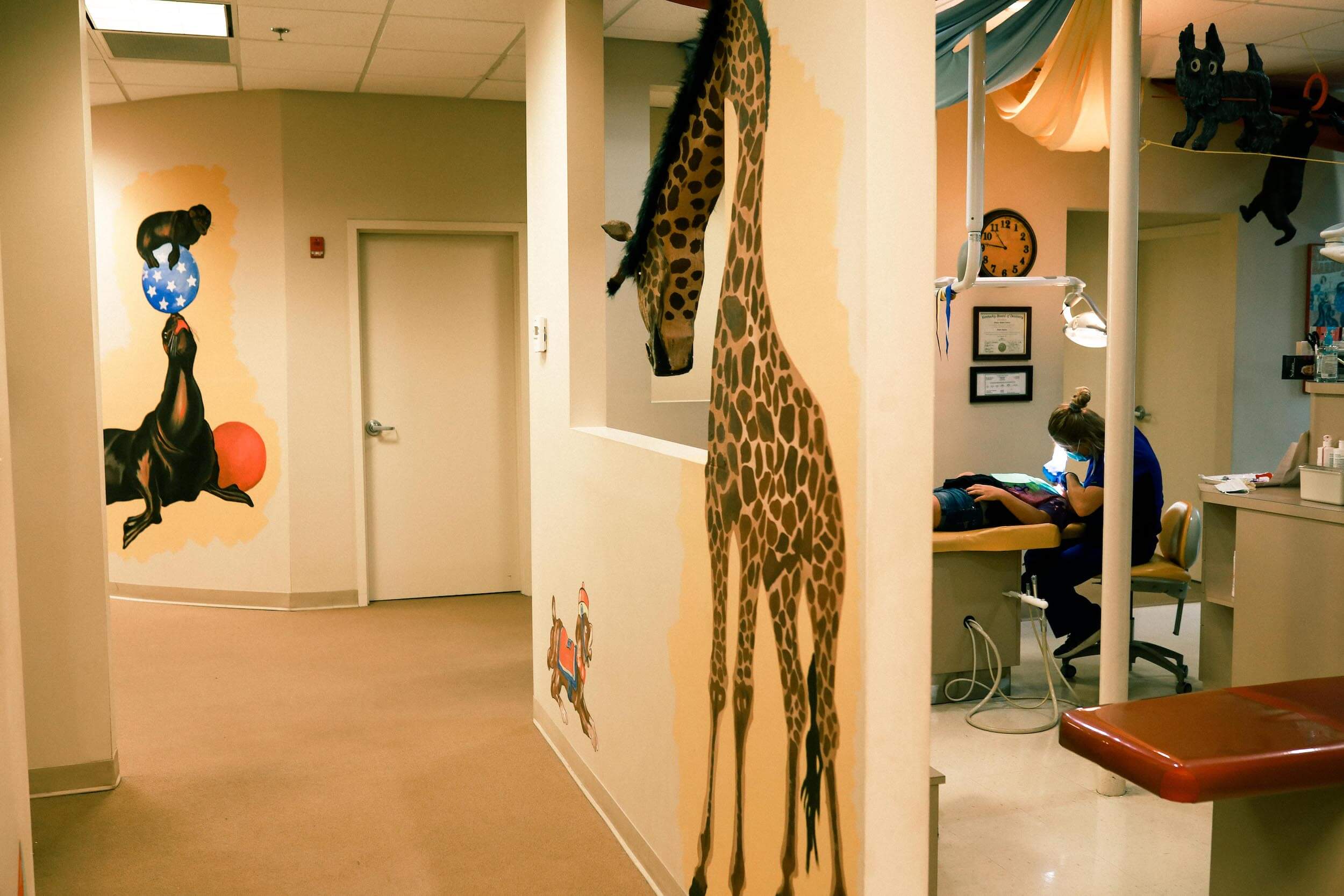
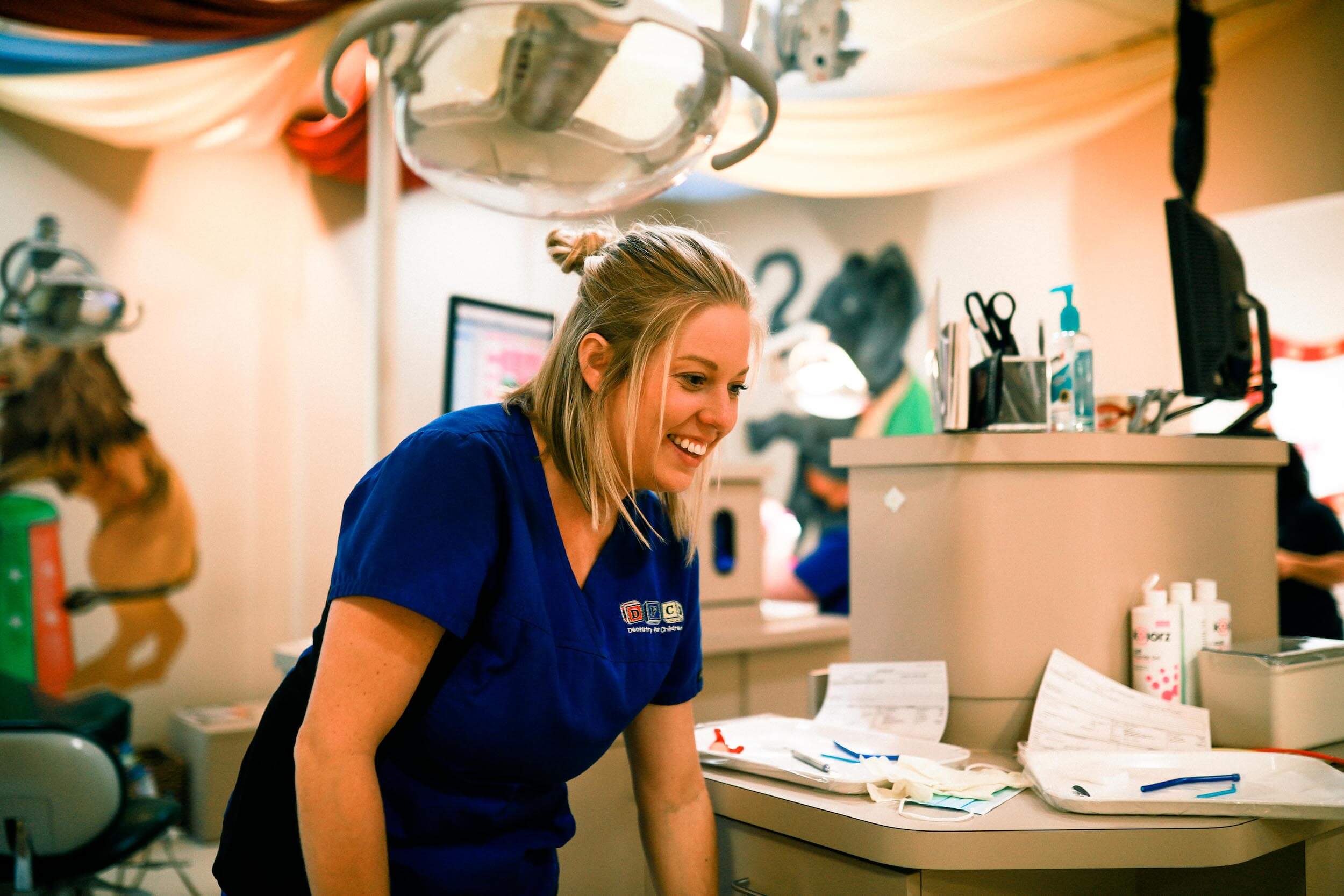
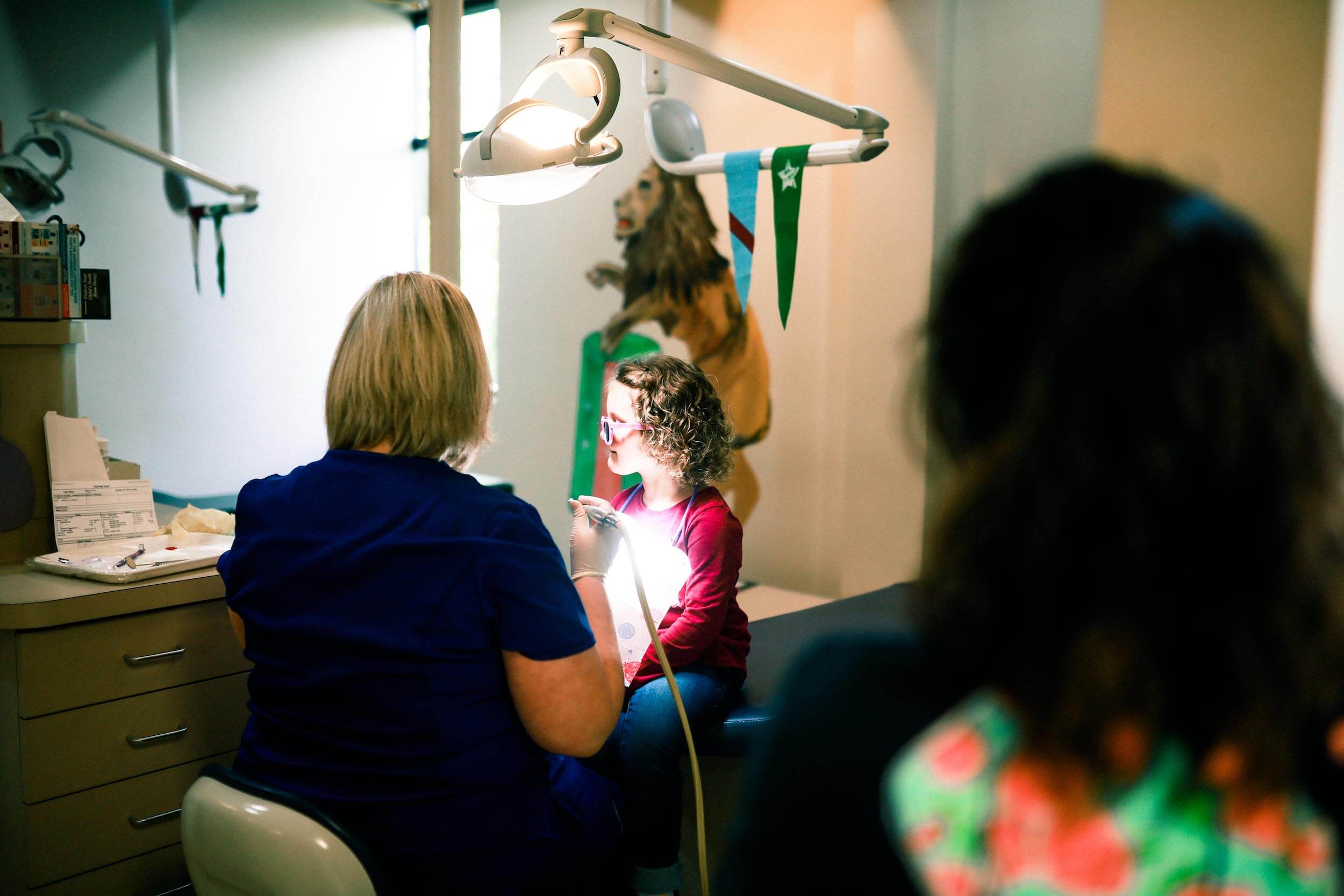
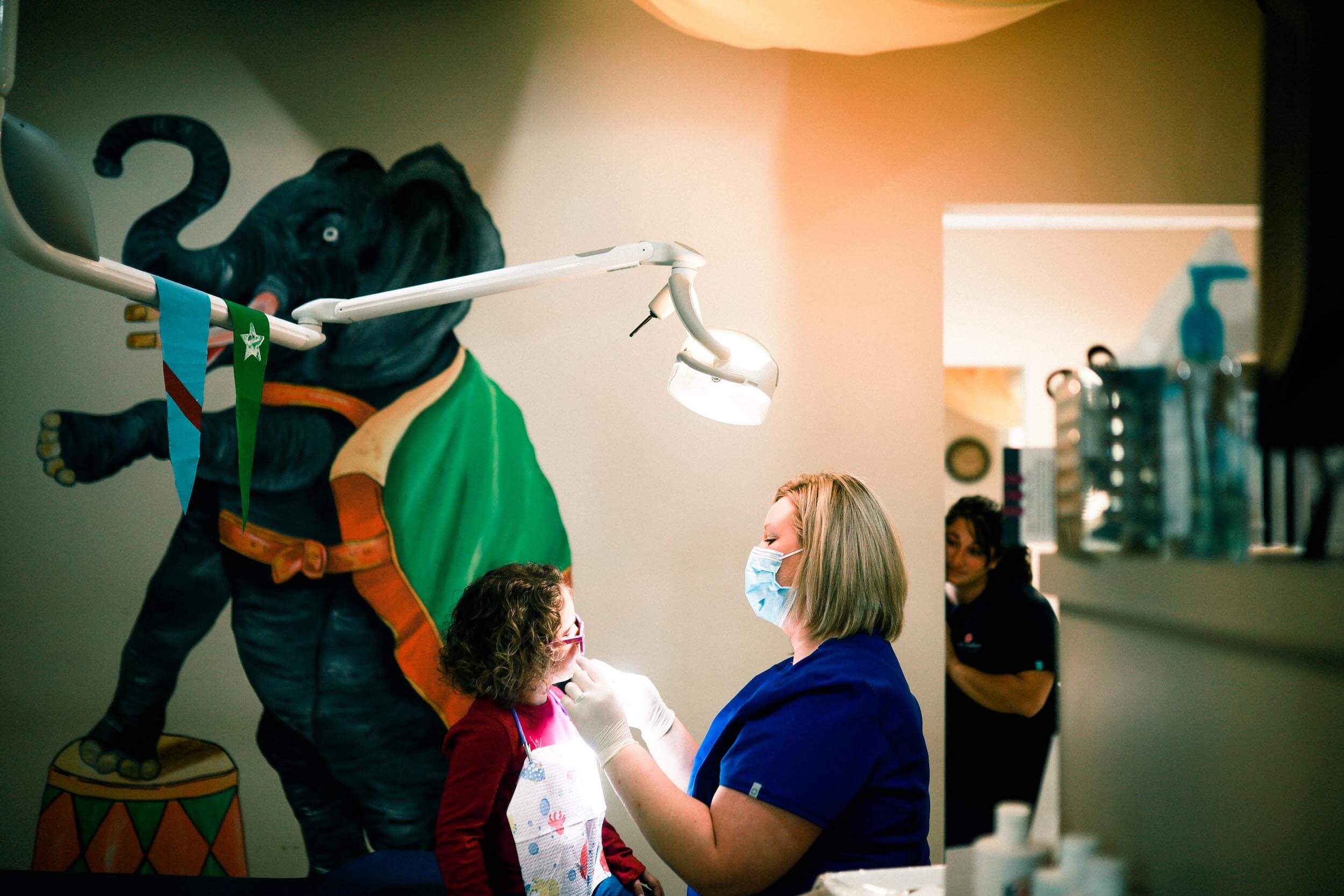

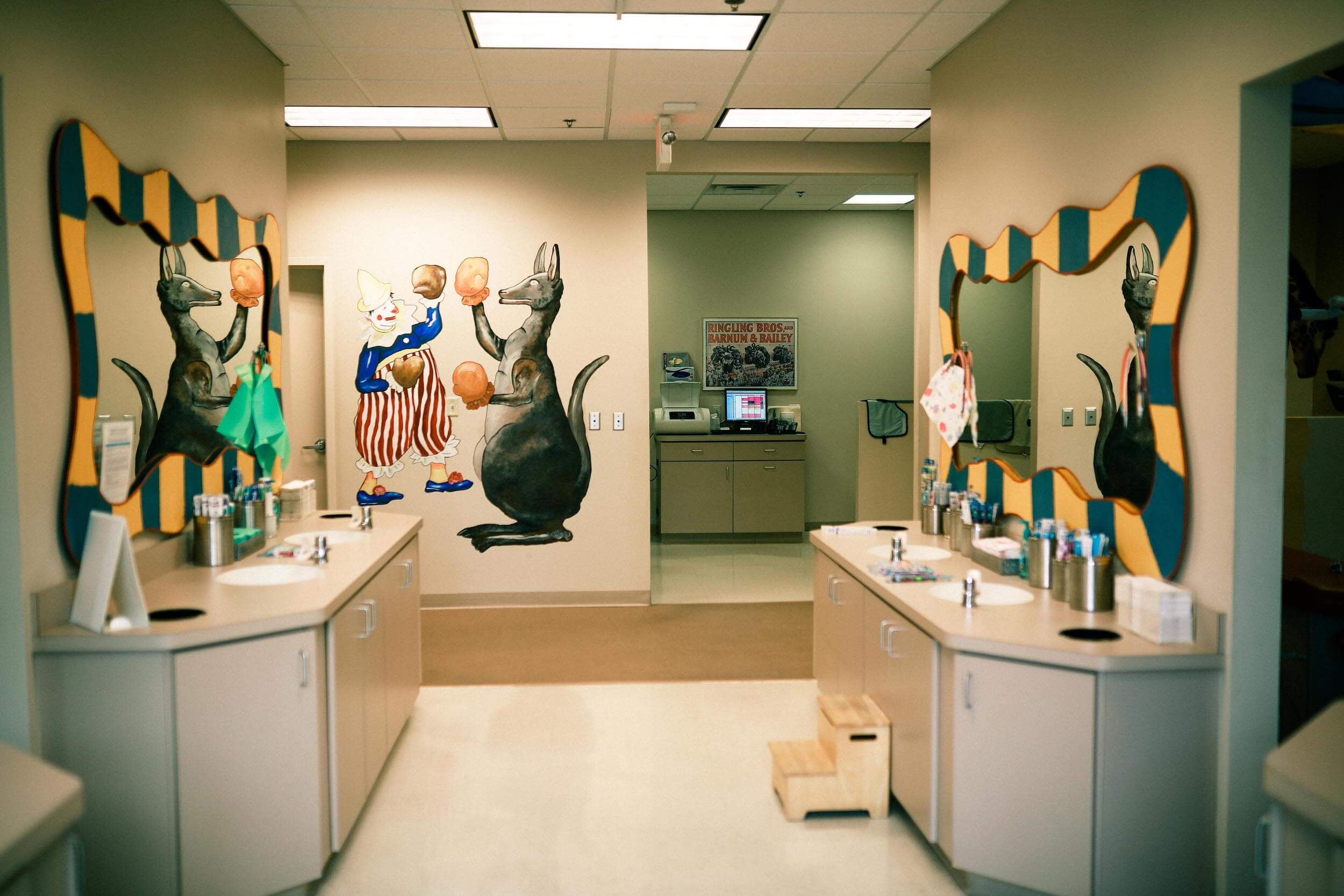
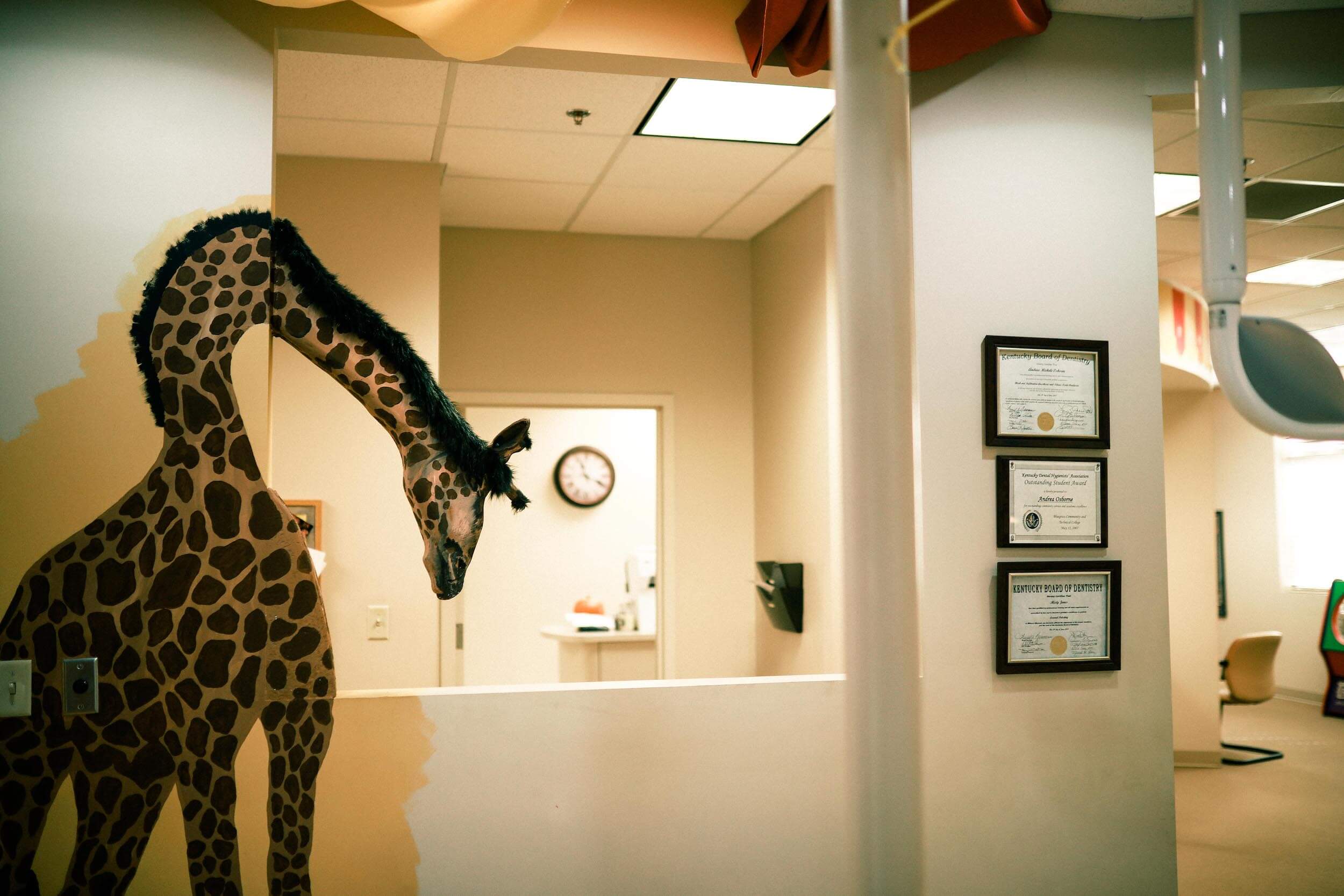
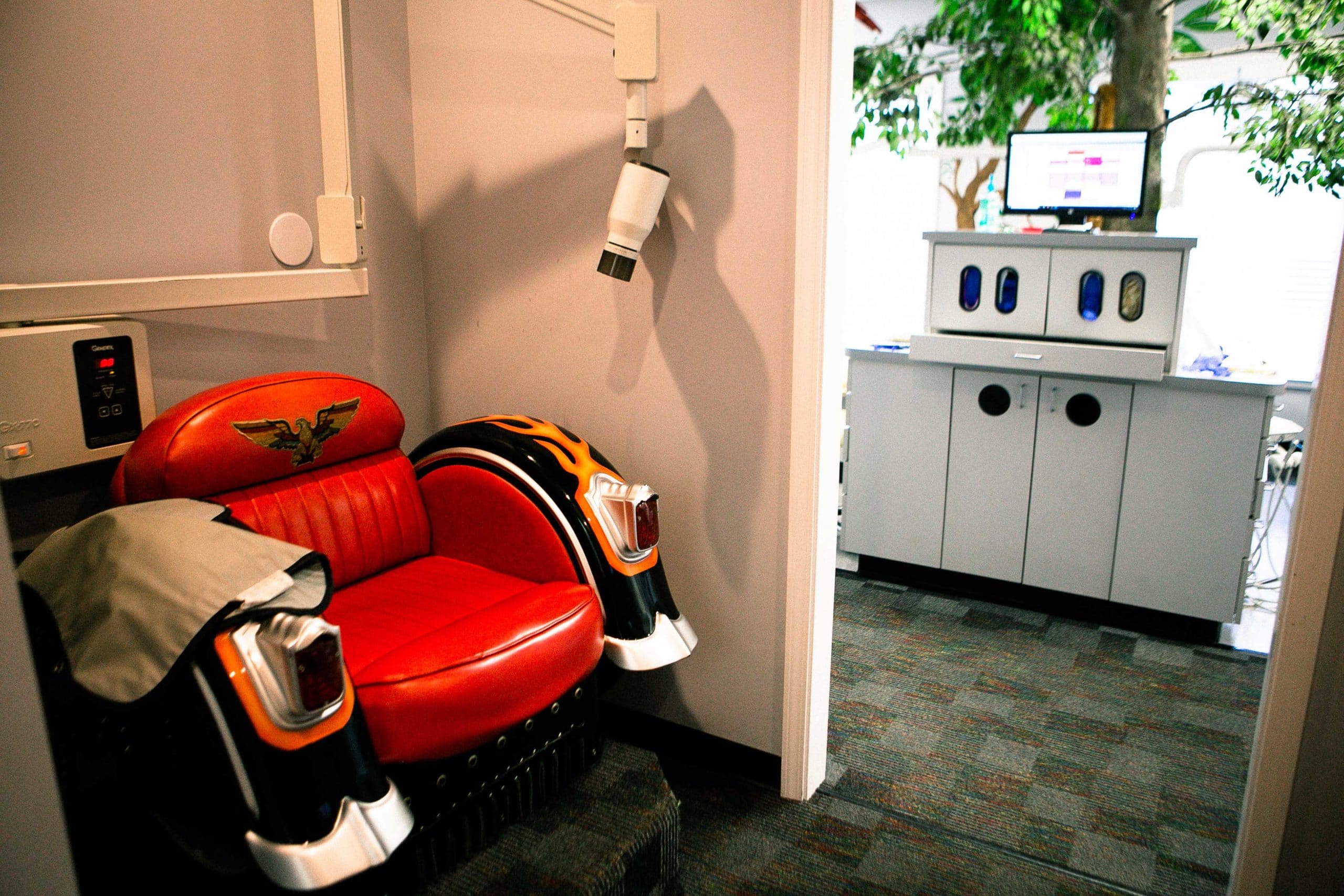



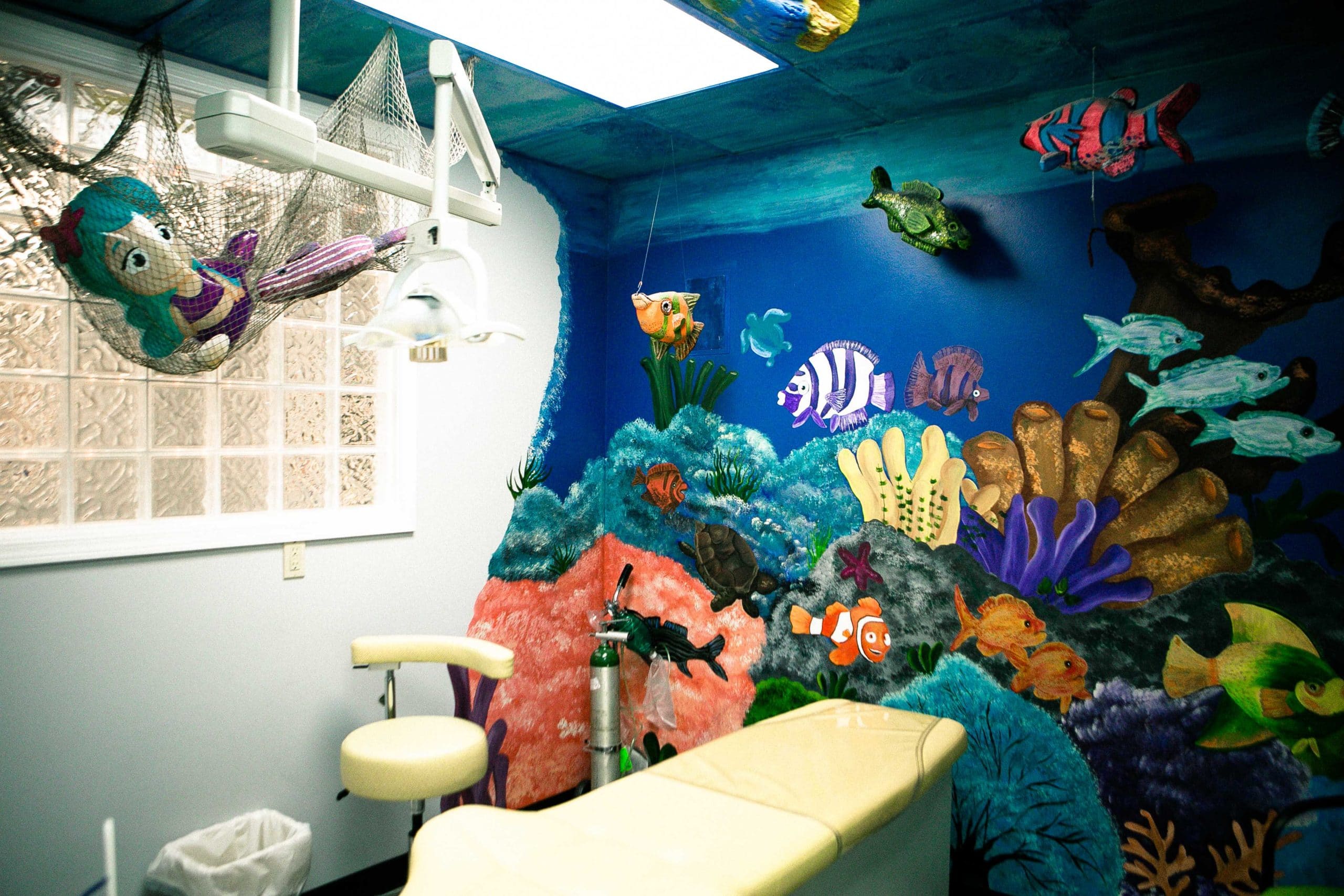
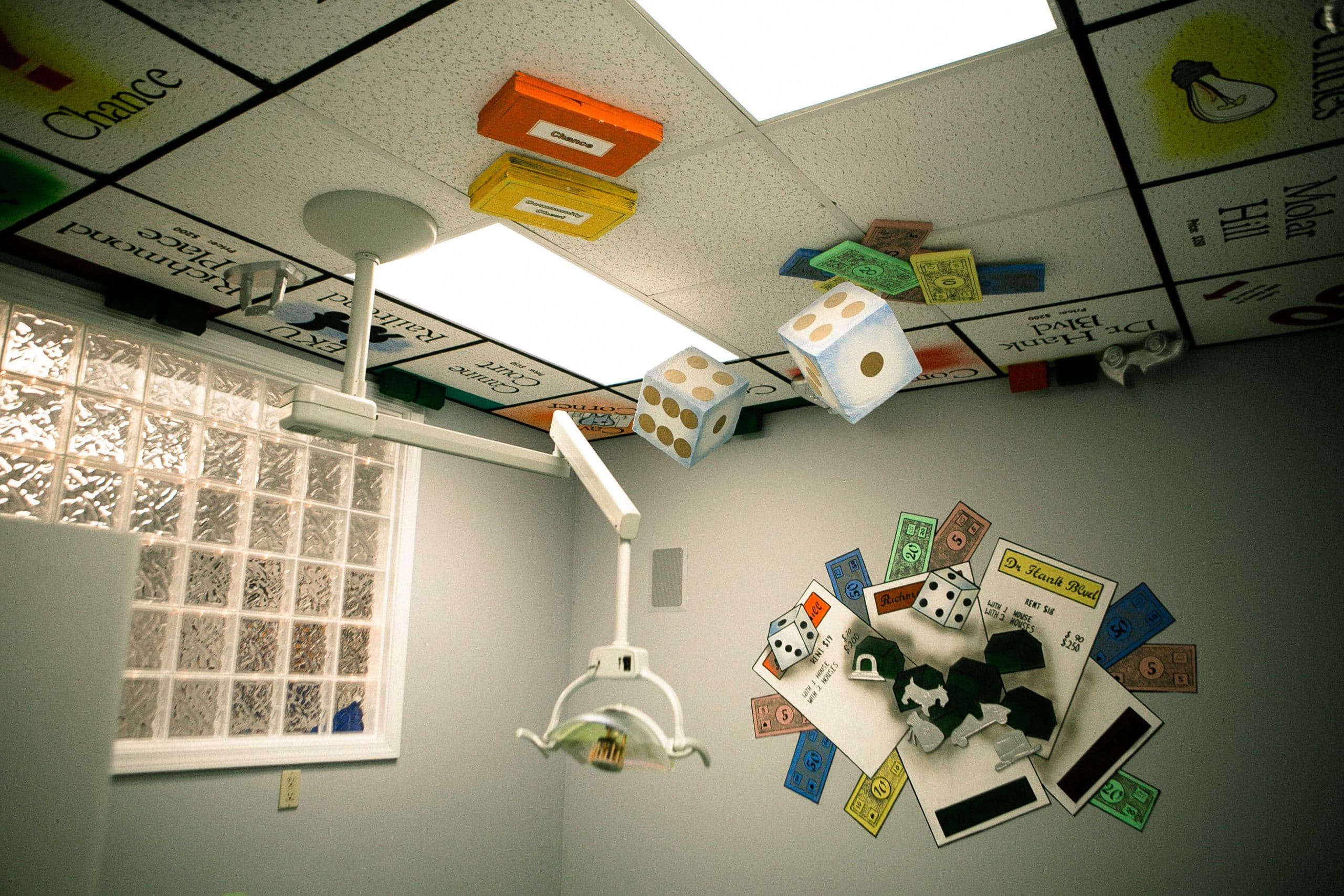

Recent Comments